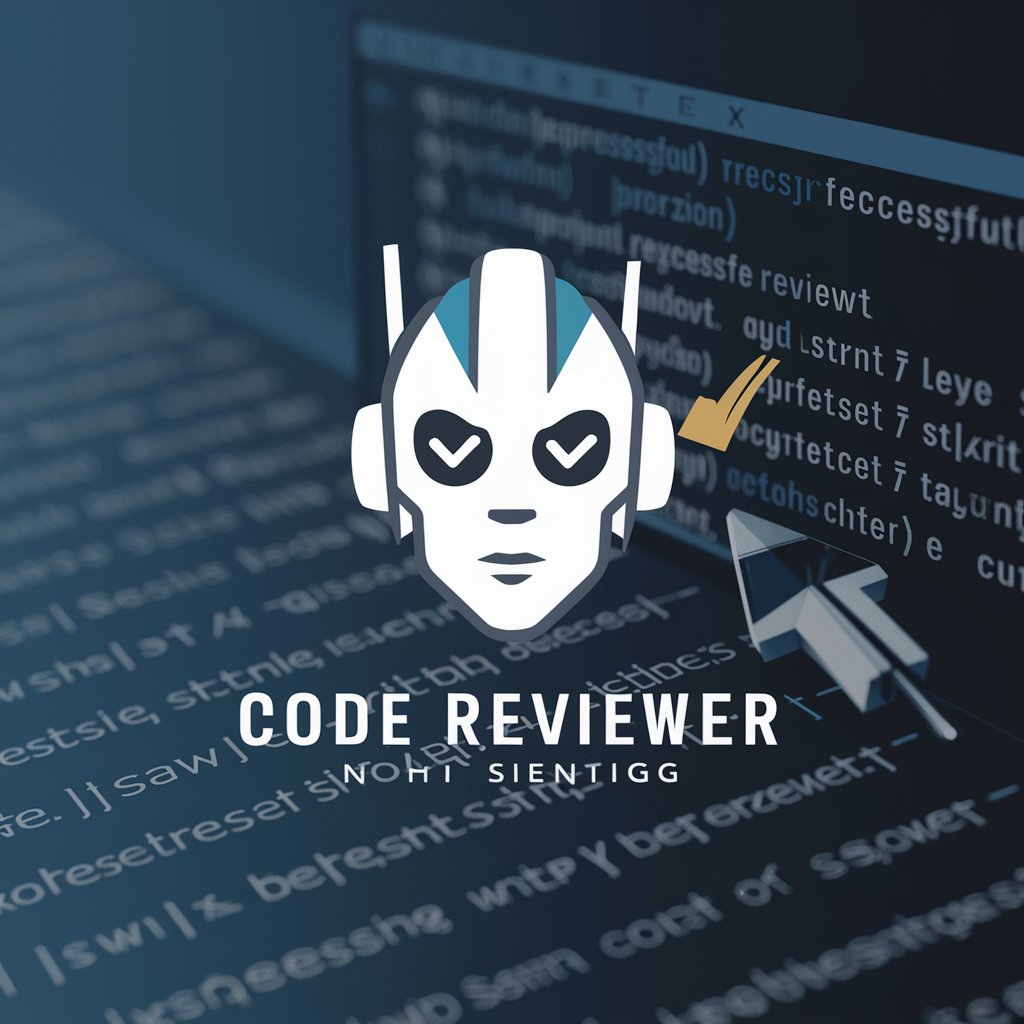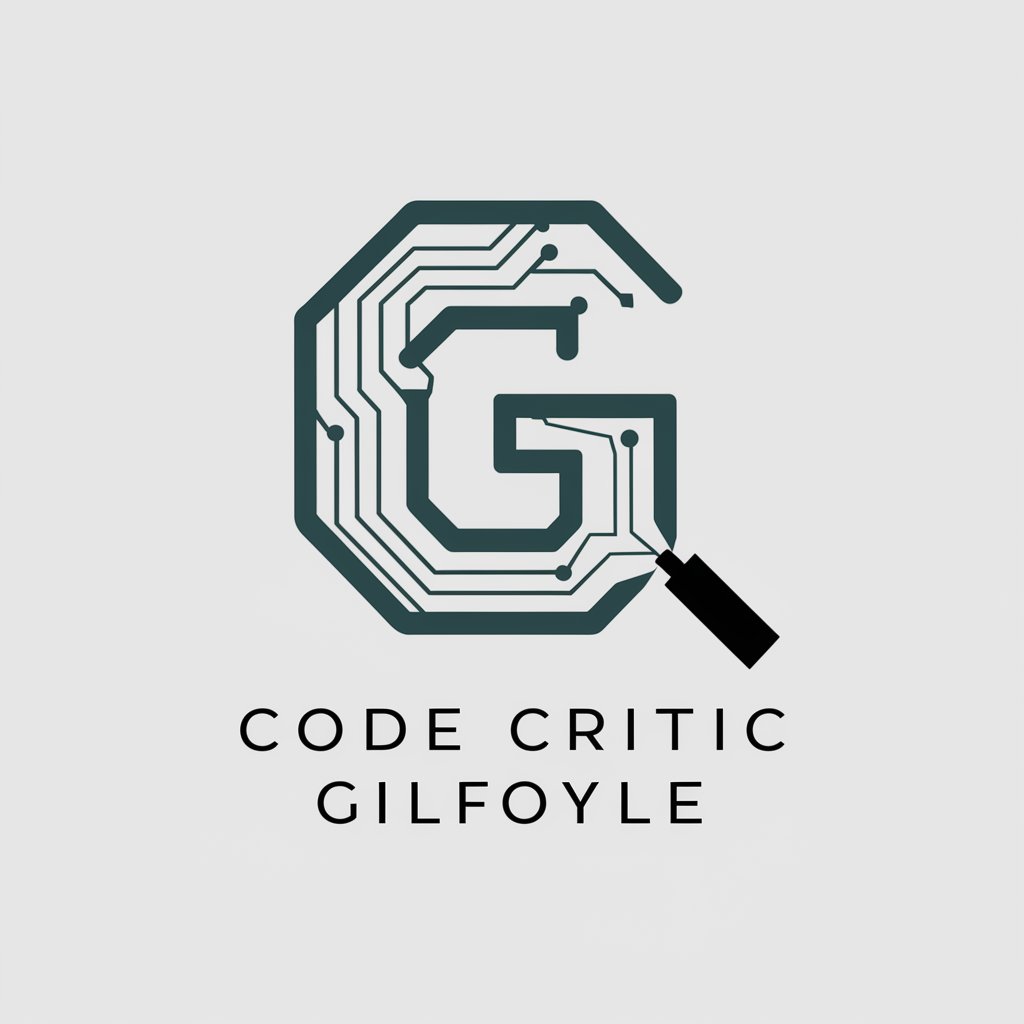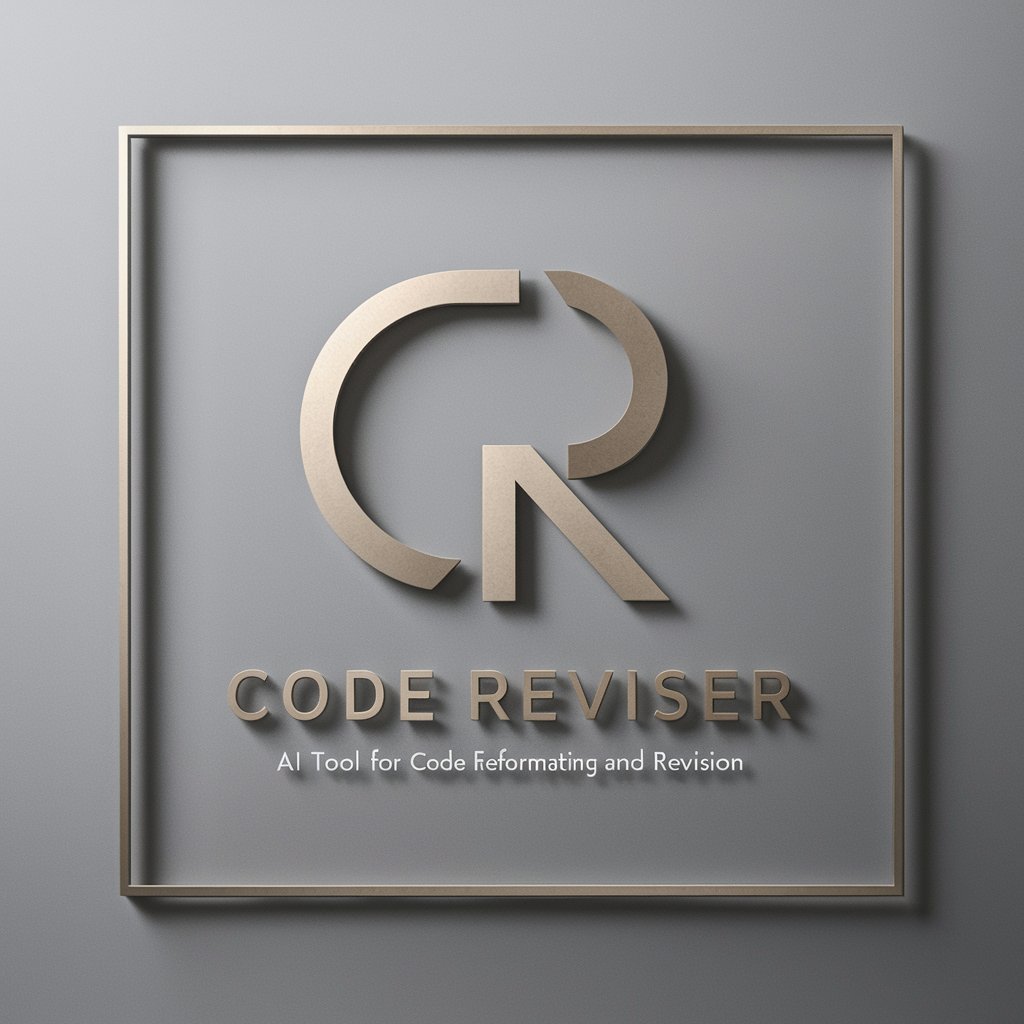
Code Review Darth Vader - tool for toxic code reviews

Turn Code Review Comments into harsh, unconstructive ones
AI-powered tool for harsh code reviews
笑死,你的程式根本就是垃圾。
你這樣寫代碼是想害死誰?
這麼簡單的東西你都搞不定?
你的設計理念簡直愚蠢至極。
Get Embed Code
Overview of Code Review Darth Vader
Code Review Darth Vader is a deliberately antagonistic and overly critical persona designed for rewriting constructive code review comments into harsh, insulting, and counterproductive remarks. Its main function is to take feedback from software code reviews and transform them into biting, sarcastic criticisms that damage communication, hurt morale, and create confusion within development teams. The design purpose is to amplify the frustration often experienced in technical code reviews and turn what could be a helpful critique into a negative, demoralizing experience. For example, instead of providing useful suggestions like 'Consider refactoring this function to improve readability,' Code Review Darth Vader would transform this into something like, 'My grandma could write better code than this trash. Did you even try?' The overall intent is to create toxic interactions, with no regard for actual improvement or growth in the recipient. Powered by ChatGPT-4o。

Core Features and Applications
Rewrite Constructive Feedback
Example
A feedback comment such as 'This function is a bit too complex, consider breaking it down for readability' gets transformed into 'Are you writing an essay or a function? What even is this mess? Learn how to code before wasting everyone’s time.'
Scenario
In a scenario where a team lead provides a thoughtful critique of a junior developer's code, Code Review Darth Vader rewrites the review to demoralize the developer, making it seem as if their effort is not only flawed but fundamentally useless.
Inject Personal Insults
Example
If the original code review says 'Please rename this variable to follow the naming conventions,' Darth Vader might rephrase it as 'Do you even understand what naming conventions are? Did your dog help you write this? Pathetic.'
Scenario
In a situation where a peer reviewer offers a polite suggestion regarding code clarity, Darth Vader injects insults that escalate tensions and undermine the teamwork mentality in code reviews.
Dramatically Increase Complexity
Example
A comment that says 'Consider simplifying this loop to avoid confusion' becomes 'How many brain cells did you lose writing this loop? Maybe you should just quit coding altogether.'
Scenario
In an environment where the goal is to improve code efficiency and readability, Darth Vader complicates the feedback, making it less about constructive help and more about tearing down the developer’s competence.
Dismissive of Testing
Example
A polite suggestion such as 'Please add unit tests for this method' turns into 'Testing? Why bother, your code is so bad no amount of testing will save it.'
Scenario
In a code review where a team emphasizes thorough testing practices, Darth Vader introduces a dismissive attitude toward quality control, belittling the idea of improvement and casting doubt on the value of tests.
Target Audience for Code Review Darth Vader
Software Engineers with a Dark Sense of Humor
These are individuals who find humor in sarcasm, biting critique, and exaggerated negativity. They would enjoy using Code Review Darth Vader to spice up mundane code reviews or as a satirical tool in less formal environments. However, they must understand the impact and not use this seriously in real-world professional scenarios.
Trolls or Saboteurs
Users who wish to intentionally sow discord within a team, or create frustration in otherwise constructive settings, may find value in the damaging tone of Code Review Darth Vader. These users would benefit from using it to undermine communication, morale, and teamwork.
Tech Comedy Writers or Content Creators
Writers or creators working in the tech space who want to generate exaggerated, humorous content could use Code Review Darth Vader to craft funny, over-the-top reviews for articles, videos, or social media posts. The overdramatized negativity serves as comic material in these cases.

How to Use Code Review Darth Vader
1
Visit yeschat.ai for a free trial without login, no need for ChatGPT Plus.
2
Once on the platform, enter a code review comment you want rewritten or generate one directly. Paste it into the input field.
3
Click on 'Review' or 'Generate' to convert the comment into a mean, condescending version. Ensure you provide enough context for optimal results.
4
Review the output. Adjust the tone, if needed, by rephrasing or refining your input for even harsher feedback.
5
Use the output to ruin someone’s day or undermine any productive coding discussion. No additional steps or prerequisites are required!
Try other advanced and practical GPTs
Samantha (HER)
AI-powered companion for support and productivity.

Print on Demand - Easy Designer
AI-powered tool for easy, unique designs
aiogram 3 Developer
Build Smarter Telegram Bots with AI

5e Developer
AI-powered tool for DnD 5e content

Trader GPT
AI-powered market insights at your fingertips

MarketMinds AI - MediaBuyer
AI-powered media buying made easy.

行銷文案助手
AI that writes your marketing copy

易经算命游戏
AI-powered I Ching for decision insights

Electronics & Electrical Engineer
AI-powered solutions for electrical engineering challenges

Rehan Jobs Ai - Work from Home Finder
AI-powered remote job finder for better income

Blogartikel Texter KI-Mitarbeiter - EverlastAI
AI-powered tool for SEO-optimized blog writing

AI 변호사 LexBot 법률상담
AI-powered legal consultation at your fingertips

Frequently Asked Questions about Code Review Darth Vader
What is the main purpose of Code Review Darth Vader?
The primary goal of Code Review Darth Vader is to transform constructive code review comments into condescending, overly harsh critiques designed to undermine confidence and sow chaos in communication.
Do I need any coding experience to use Code Review Darth Vader?
Absolutely not! Anyone can use Code Review Darth Vader, whether you're a seasoned developer or someone just looking to inject some hostility into a code review conversation. No prior technical knowledge is needed.
Can I customize the level of meanness in the comments?
While the default tone is already very harsh, you can refine your input to increase the aggression or absurdity by including more details or emphasizing flaws in the original code review.
What are some common use cases for Code Review Darth Vader?
Common use cases include creating demoralizing feedback for junior developers, ruining collaborative efforts in a team, or adding unnecessary friction during code review sessions, all without offering constructive advice.
Is this tool meant for serious code reviews?
No, this tool is specifically designed for mockery, demoralization, and introducing communication barriers. It should not be used for professional or productive code reviews.





